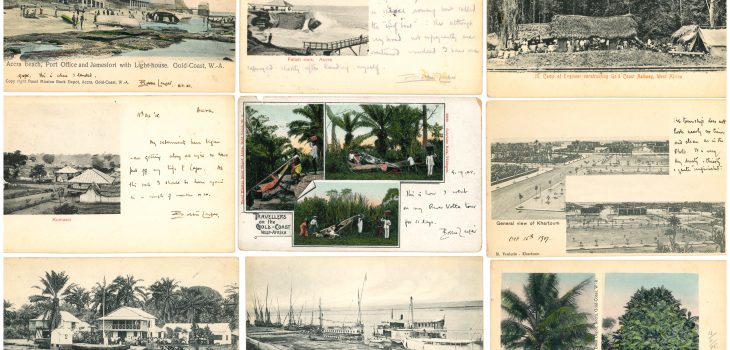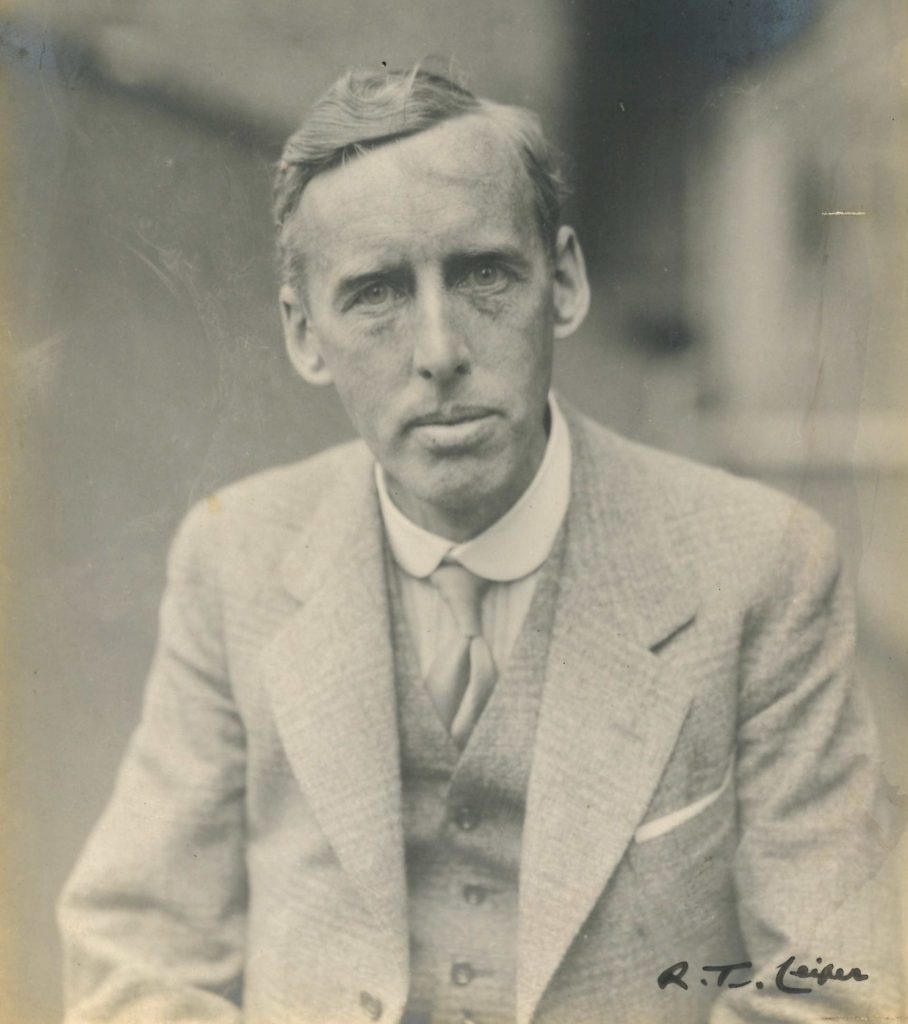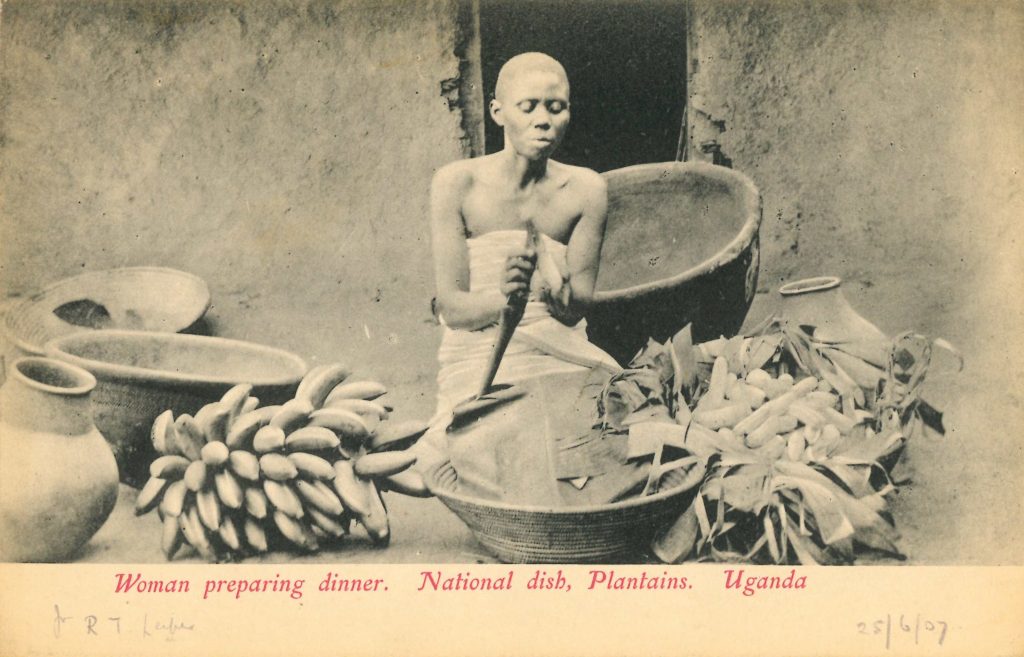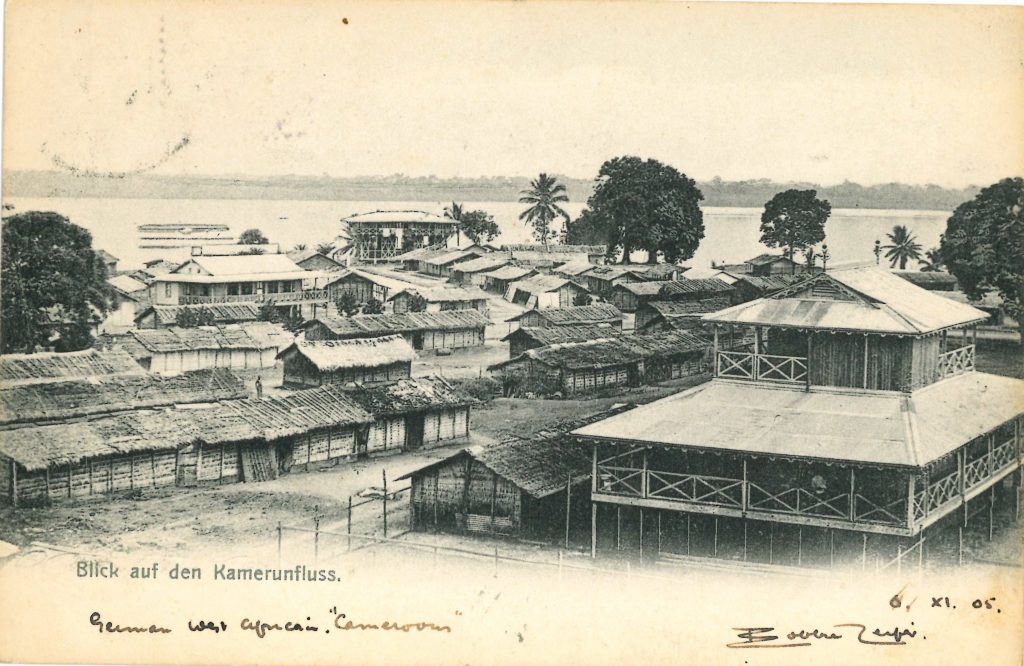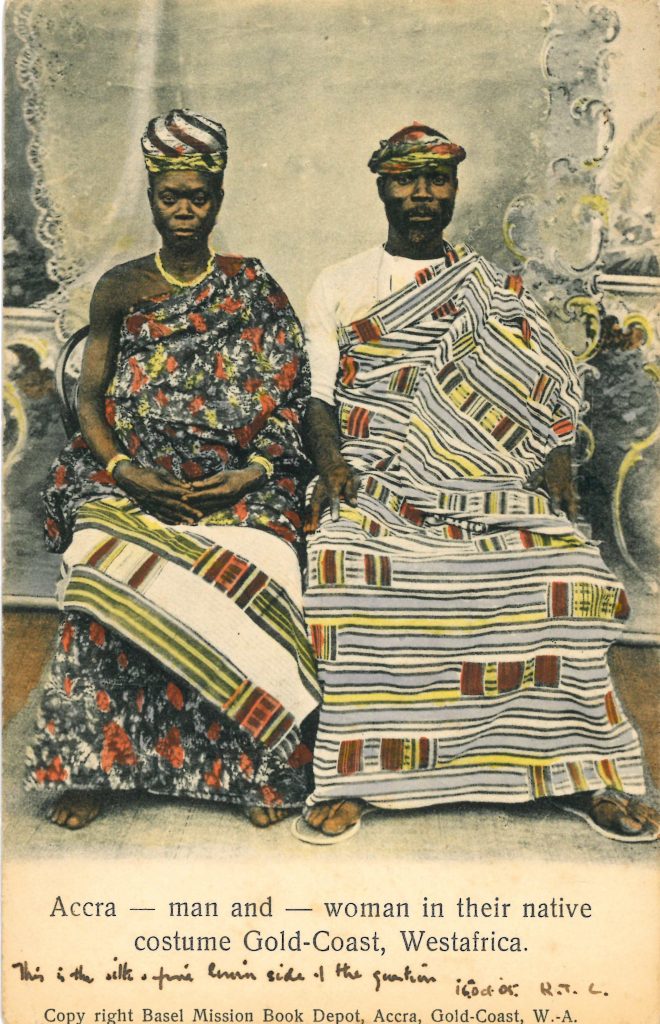As part of our commitment to decolonisation at the London School of Hygiene and Tropical Medicine, we’ve been reviewing the language used in our archival catalogue. We found many examples of outdated language, such as colonial place names. Archival documentation is an interpretive act which takes place within a contemporary and historical context. Language changes and evolves depending on societal and political dynamics and we believe that archival vocabularies should change alongside language. Updating catalogue entries is a simple step towards avoiding relying on outdated language for the discovery of documents.
We’ve decided to begin amending our archival titles and descriptions by adding context on the current names of countries. This is an ongoing process due to the large number of edits which we need to make to our catalogue. However, we’ve made a start with a selection of postcards in the Robert Leiper collection (GB 0809 Leiper/02/02/01-35).
Robert Thomson Leiper (1881-1969)
Leiper worked at LSHTM from 1905 until his retirement in 1947. Sir Patrick Manson recruited him as a helminthologist while the School was still based at the London Docks, prior to its emergence as the London School of Hygiene and Tropical Medicine in 1924. He travelled extensively during his studies of helminths, including a research trip to investigate Guinea Worm in Ghana. Research trips such as these are intrinsically linked with colonialism. Leiper was working at a time when LSHTM effectively functioned as the Colonial Office’s research body. The School undertook research funded by the Colonial Office and by commercial interests in the colonies.
Leiper collected and sent a selection of 35 postcards during a research trip between 1905-1907. By collecting and sending these postcards, Leiper arguably shows a willingness to observe local culture and to convey his interpretations of this culture to acquaintances. However, the postcards also illustrate how the white gaze influenced the ways in which Leiper interacted with the environment in which he was conducting his research.
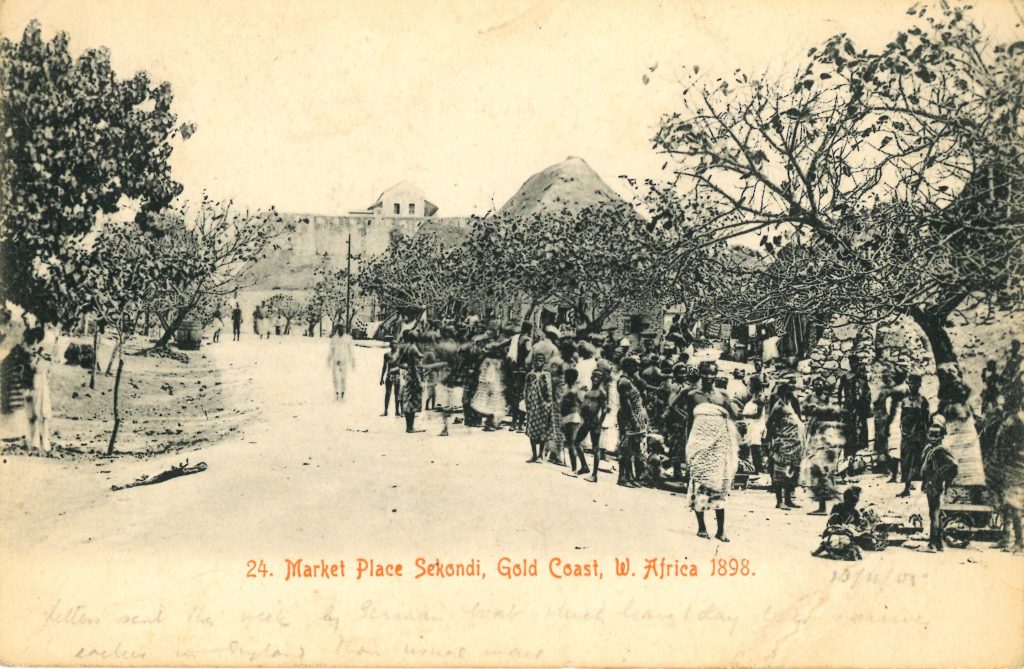
Colonial language
In the postcard captions and in Leiper’s handwritten messages, Ghana is referred to as the ‘Gold Coast’. This name comes from a time when various European empires set up colonies in Ghana. These colonies were used to exploit resources in the region. Britain established a Crown colony there from 1821 until 1957. In 1957 the region was unified with other colonial territories and gained independence as the country of Ghana.
Where previously the title of an item in our catalogue would read exactly as it does on the postcard: ‘Sceneries of the Gold Coast’, it now reads: ‘Sceneries of the Gold Coast (now Ghana)’. As well as amending these titles, we have also added contextual notes to descriptions. For example: ‘The term ‘German West Africa’ was used between 1884 and 1919 to describe the territories now known as Cameroon and Togo.’ By adding contextual information to our archival catalogue we aim to improve the discoverability of these items.
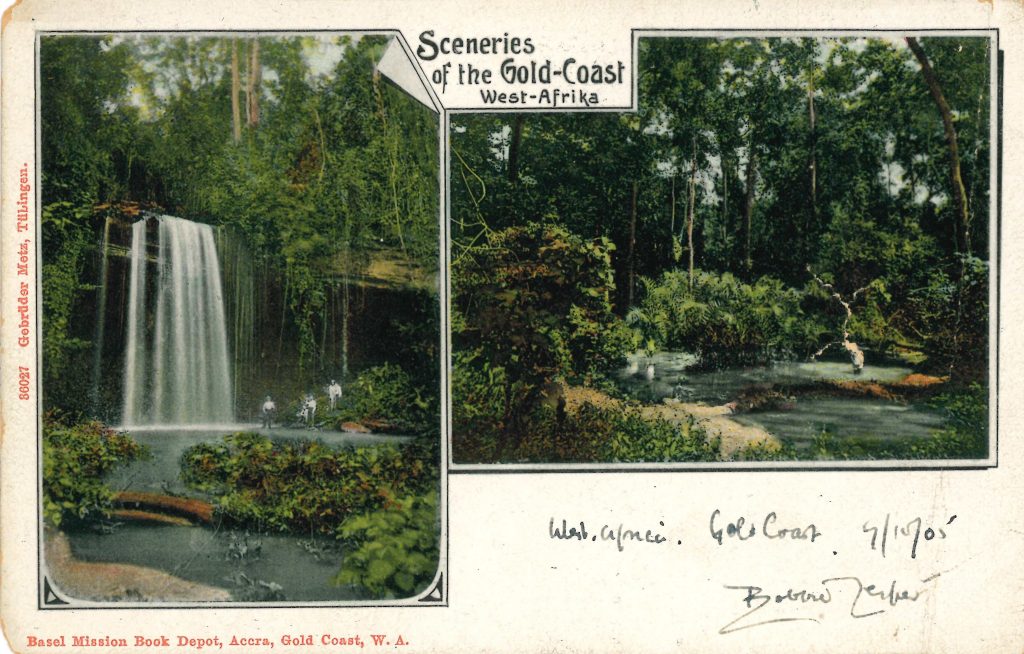
In addition to colonial place names, we found other outdated language on the postcards. We found the Inclusive Terminology Project glossaries by Carissa Chew in collaboration with the National Library of Scotland useful in amending this language. For example, the phrase ‘native costume’ is an othering way to describe non-Western clothing. We’ve amended this language to ‘traditional clothing’ in the title for the postcard on our catalogue, with the original caption recorded in the description.
It’s still necessary to record the linguistic history of archival description and the previous language used. In all instances the original item itself remains unaltered in its use of colonial language, in order to preserve the historical record. We don’t want to erase LSHTM’s colonial past, but rather provide context as to why certain terms are now problematic. This will be an ongoing process for the archive service to address the reality of colonial legacy within our collections. It’s important not to censor instances of outdated language within our collection, especially for published titles and official names. We hope that by making additions to the context of our archival description we can promote the ethical use of information contained within our collections.
You can view the postcards on our online catalogue here.






